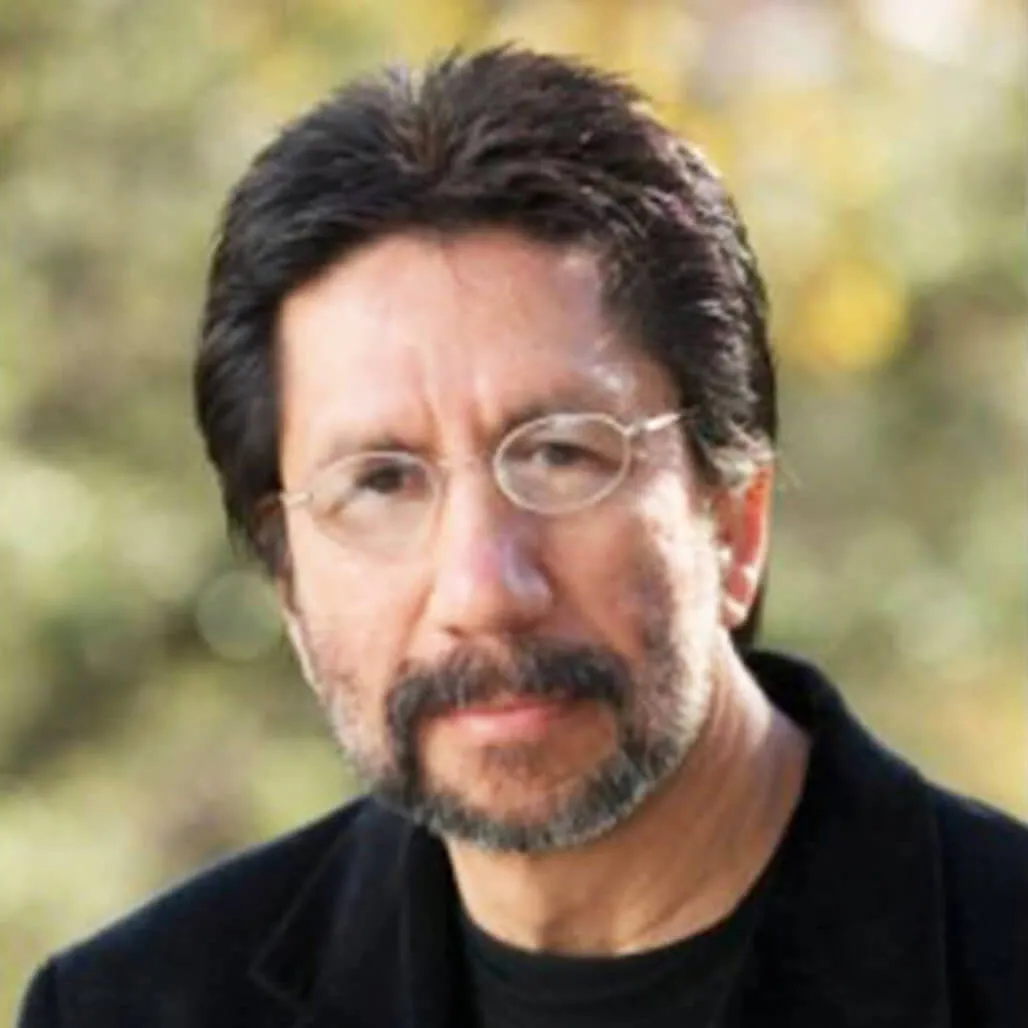Global environmental change — the combined effects of land use change, over-exploitation, biotic and abiotic pollution, and climate change — is having a disproportionately stronger impact on the sectors of society that present the least threat to life-supporting systems.
About the Sustainability Research Conference Series
The Stanford Initiative on Business and Environmental Sustainability Research Conference Series is hosted by Stanford Graduate School of Business and the Stanford Doerr School of Sustainability.
Date
April 7–8, 2023
Location
Stanford University campus
This situation is likely to continue unless society at large attends to ongoing challenges of environmental injustice (EJ). As a response to social inequality, EJ raises fundamental questions about how we can achieve local and global sustainability goals by addressing the three “Cs” of the Anthropocene: Combating and Changing the Current conditions of global change, social inequity, and colonial legacies of dispossession. Further, how can we aspire to intergenerational well-being and a thriving biosphere, given the complexities of inequitable distribution of environmental harms and benefits in coupled human-natural systems? And how we can we center frontline communities in defining and solving environmental problems in ways that respond to community experiences of racial oppression, and other forms of marginalization?
Environmental justice scholarship is imperative to develop the knowledge needed to create just, ethical, and resilient solutions for sustainability for the world’s most challenging social-environmental problems.
In this conference, we examined how EJ scholarship contributes to a positive vision for policies and actions that ensure equitable access to environmental benefits and prevent or mitigate the disproportionate impacts of environmental harms for all communities, especially Black, Indigenous, and People of Color communities and economically disadvantaged groups that have been historically marginalized. The conference discussed core EJ principles, research methodologies that center frontline community leadership, and research strategies for advancing just transitions, among other EJ Initiatives.
Agenda
Friday, April 7: 12:30pm–8:00pm
Saturday, April 8: 8:30am–3:15pm


